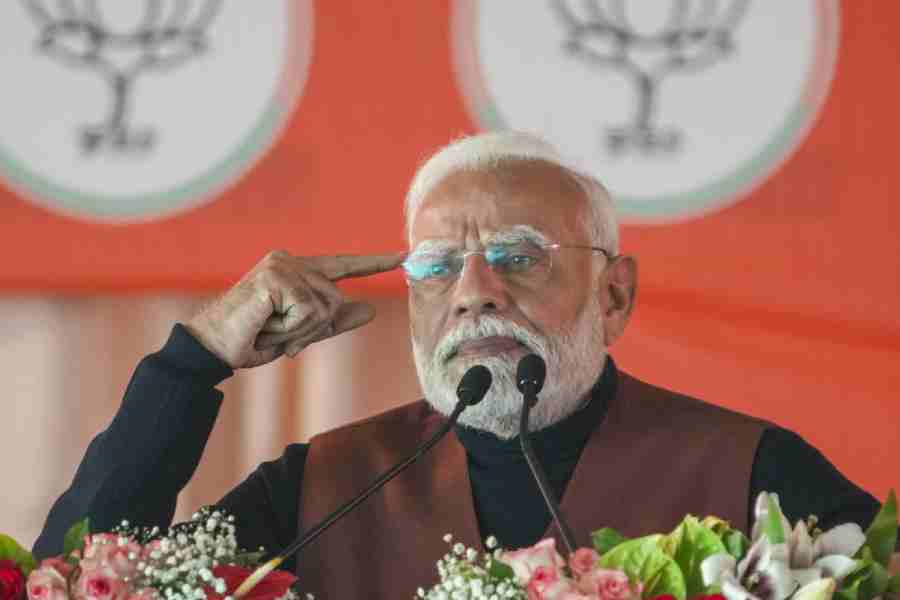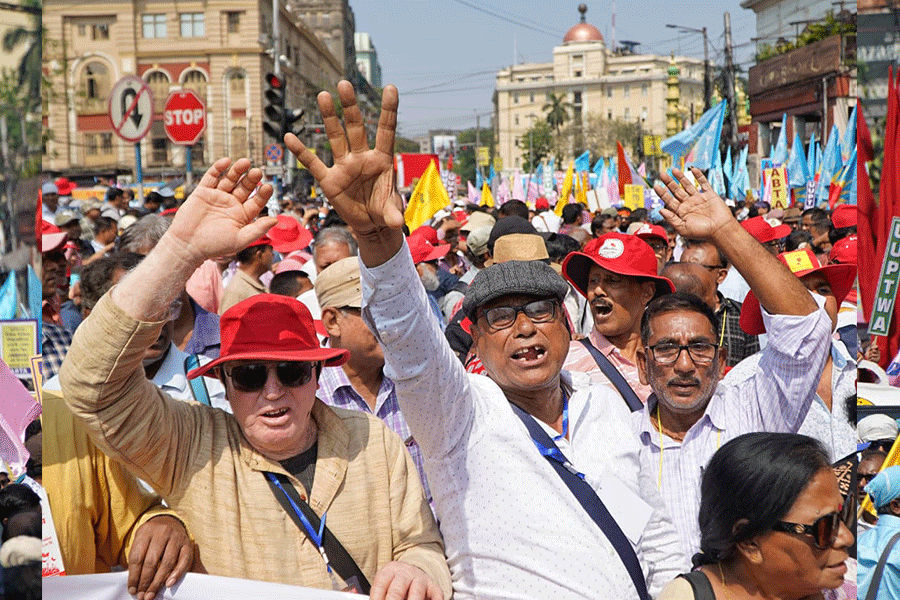India’s crude oil import bill could rise by $9 billion this financial year and $12 billion in the next, if New Delhi stops buying Russian crude oil amid Washington’s latest action against New Delhi over the purchases.
A report by the State Bank of India (SBI) said India could consider buying oil from Iraq, its top supplier before the Ukraine war, followed by Saudi Arabia and the United Arab Emirates (UAE) if Russian supplies are cut off.
The findings come amid escalating tensions between India and the United States after Washington imposed an additional 25 per cent duty, doubling it to 50 percent, on Indian goods over New Delhi’s continued imports of Russian oil.
This action singles out India for the Russian imports and puts it alongside Brazil in attracting the highest US tariff of 50 per cent.
Reuters, citing sources, reported that India is open to reducing oil imports from Russia as part of a possible settlement to resolve the ongoing tariff dispute with the United States.
On Friday, New Delhi put on hold its plans to procure new US weapons and aircraft, according to three Indian officials familiar with the matter, in India's first concrete sign of discontent after tariffs imposed on its exports dragged India-US ties to their lowest level in decades.
“If India stopped oil imports from Russia during the rest of FY26, then India’s fuel bill might increase by only $9 billion in FY26 and $11.7 billion in FY27,” the report said.
India, the world’s third-largest oil importer, has a refining capacity of about 5.2 million barrels per day, including 1.24 million barrels per day from its massive Jamnagar facility alone.
The international energy agency projects the country’s demand will rise by another 1 million barrels per day by 2030.
Since 2022, India has increased its Russian oil procurement at discounted rates with a $60 per barrel cap.
This strategy ensured energy security after Western nations imposed sanctions on Moscow following the Ukraine invasion.
Russia’s share in India’s total oil imports has jumped from 1.7 per cent in FY20 to 35.1 per cent in FY25.
Globally, Russia accounts for roughly 10 per cent of crude oil supply. Of India’s total oil imports of 245 million metric tons (MMT), Russian crude accounted for 88 MMT in FY25.
SBI estimates that if all countries stopped buying Russian oil, crude prices could climb about 10 per cent, assuming no other producers stepped in.
Before the Ukraine conflict, India’s main crude suppliers were Iraq, Saudi Arabia and the UAE.
Since sanctions on Russia, India has also sourced oil from the United States, West Africa and Azerbaijan.
The report noted that if Russian supplies were cut off, India could return to its traditional Middle Eastern suppliers under existing annual deals, offering flexibility in meeting import needs.
While the potential increase in the import bill is significant, India’s diversified supply network and established contracts with other producers may cushion the impact.
In an executive order signed on Wednesday, US President Donald Trump wrote, “I find the Government of India is currently, directly or indirectly, importing Russian Federation oil... in my judgement I determine it necessary to impose an ad valorem duty on imports of articles from India...”
Speaking to a US broadcaster later, he said, “India has not been a good trading partner... we settled on 25 per cent... but I think I’m going to raise that substantially over the next 24 hours because they’re buying Russian oil.”
According to data intelligence firm Kpler Ltd, Russian crude is being offered to Indian buyers at lower prices as European Union sanctions and threats of US penalties cloud demand outlook.
Kpler noted that replacing Russia’s 37 per cent market share would be costly for Indian refiners and that a complete halt to imports is unlikely.












